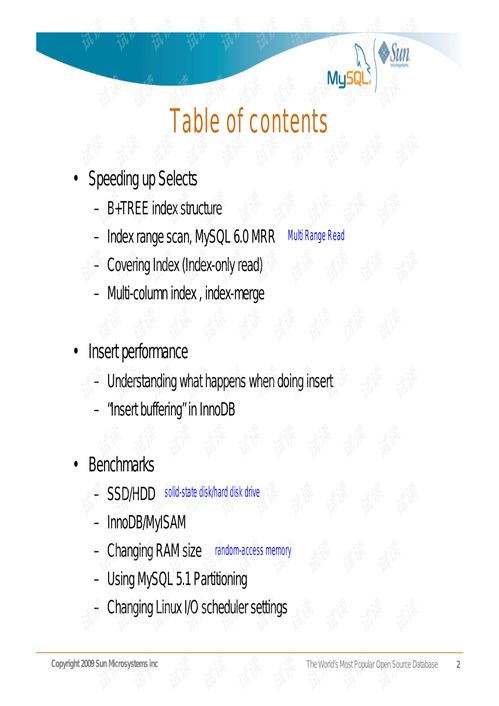Content:
Are you a beginner angler looking to hone your skills and catch those delightful small fish? Look no further! Whether you're on a serene lake, a bustling river, or a tranquil stream, fishing for small fish can be both fun and rewarding. Here are some essential fishing tips and tricks to help you become a master at catching the smaller creatures of the water.
Choose the Right Gear To begin with, it's crucial to have the right equipment. For catching small fish, you don't need anything too fancy. A lightweight spinning rod, a small reel, and a 4 to 6-pound test line should suffice. This setup allows for better sensitivity and reduces the risk of breaking the smaller fish's thin scales.
Select the Proper Bait When it comes to bait, the choices are numerous. Live bait, such as worms, crickets, or small fish, can be very effective. However, artificial lures can also work wonders, especially when you're targeting smaller species. Small jigs, spinners, and inline spinners are great options to consider.
Understand the Behavior of Small Fish Small fish often feed on smaller organisms, such as insects, crustaceans, and plankton. They are typically found near the surface or just below it, where there is plenty of food. By understanding their behavior, you can position yourself and your bait in the right spot to catch them.
Patience is Key Fishing for small fish requires patience. They are often more cautious and can be difficult to entice. It's essential to remain calm and take your time. Avoid jerking your rod or reeling in too quickly, as this can scare the fish away.
Technique Matters Here are a few techniques to help you catch small fish more effectively:

a. Cast Lightly: When casting, make sure to throw your bait with a gentle, controlled motion. A heavy cast can scare the fish away.
b. Work the Bait Slowly: Small fish are often nibblers, so it's important to work your bait slowly and give it time to sink and move naturally.
c. Use a Bobber: A float or bobber can be a great aid when targeting small fish. It allows you to see when a fish is biting and helps you set the hook at the right time.
d. Tug and Jerk: Occasionally, give your bait a gentle tug or jerk to mimic the movement of an injured prey. This can sometimes trigger a strike from a small fish.
Pay Attention to the Water Conditions Water conditions play a significant role in fishing success. Here are a few things to consider:
a. Water Temperature: Small fish are sensitive to temperature changes. Try to fish during periods when the water temperature is within their preferred range.
b. Water Clarity: Small fish are often found in clearer water, as they rely on their eyesight to locate prey. If the water is too murky, they may be harder to catch.
c. Weather Conditions: Overcast days or early morning hours can be more productive for catching small fish, as they are less active during bright, sunny conditions.
Practice Catch and Release Catching and releasing small fish is an excellent way to preserve the fish population and ensure they thrive in the future. When you catch a small fish, use a gentle grip and release it quickly to minimize stress.
In conclusion, catching small fish requires patience, practice, and a keen understanding of their behavior and the environment. By using the right gear, selecting appropriate bait, and employing effective techniques, you'll be well on your way to becoming a skilled angler. So, get out there, explore the water, and enjoy the thrill of catching those delightful small fish!












